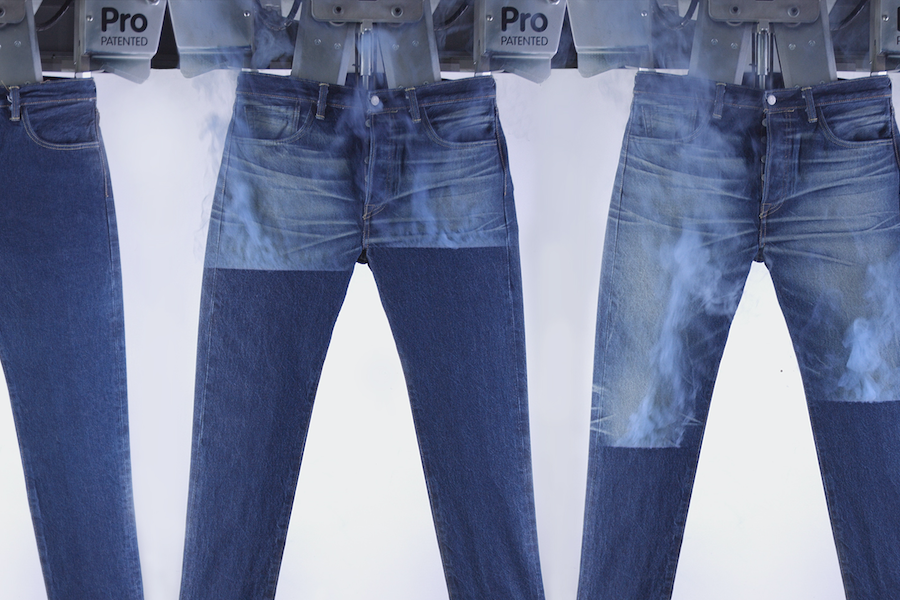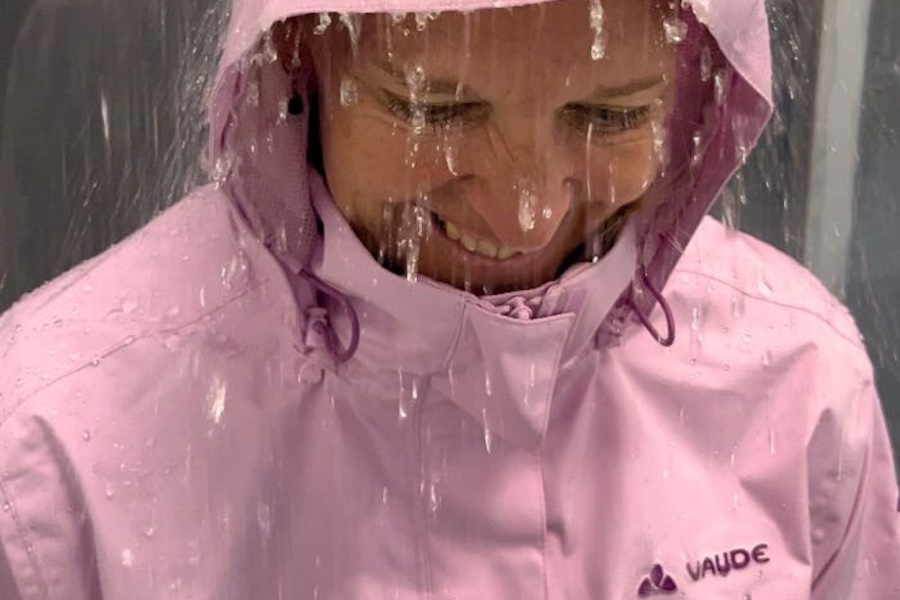#Sustainability
Textile Exchange releases "The Future of Synthetics" report
Recognizing the urgent need to curb greenhouse gas emissions associated with synthetic fibers, Textile Exchange's "The Future of Synthetics" stresses the necessity for the industry to halt the introduction of new virgin fossil fuel-derived materials into the supply chain. This strategic move is deemed indispensable to meeting climate targets and mitigating environmental impact.
"At the heart of this report is the advocacy for accelerated interest and investment in technologies facilitating the rapid substitution of fossil fuel-derived synthetics," remarked a spokesperson for Textile Exchange on its website. "By making viable alternatives readily available, the industry can realistically divest, thereby unlocking significant emissions reduction potential."
"With this report, we are advocating for increased interest and investment into the technologies that will facilitate the rapid substitution of fossil fuel-derived synthetics," a spokesperson for Textile Exchange remarked on its website. "A core recognition is that having viable alternatives available will enable the industry to realistically divest, unlocking this critical emissions reduction opportunity."
The report delves into various technologies and infrastructure pivotal to this transition, including textile-to-textile recycling, biosynthetics, and carbon capture. It highlights the dominance of synthetic materials in global fiber production, with polyester alone contributing a staggering amount of greenhouse gas emissions.
While emphasizing the importance of transitioning towards sustainable alternatives, the report also acknowledges the need to balance this shift with considerations for natural ecosystems. It advocates for a dual approach: investing in alternative methods of creating synthetic materials while simultaneously reducing the overall volume of new materials produced.
Mechanical recycling of PET plastic bottles currently stands as the most prevalent alternative to virgin polyester. However, the industry is urged to prioritize scaling textile-to-textile recycling technologies to establish a truly closed-loop system. Additionally, the report explores emerging opportunities in biosynthetics and carbon capture technologies, underscoring their potential to facilitate divestment from fossil fuel extraction.
For access to the full report and key takeaways, please visit :
http://textileexchange.org/app/uploads/2024/04/The-Future-of-Synthetics.pdf












